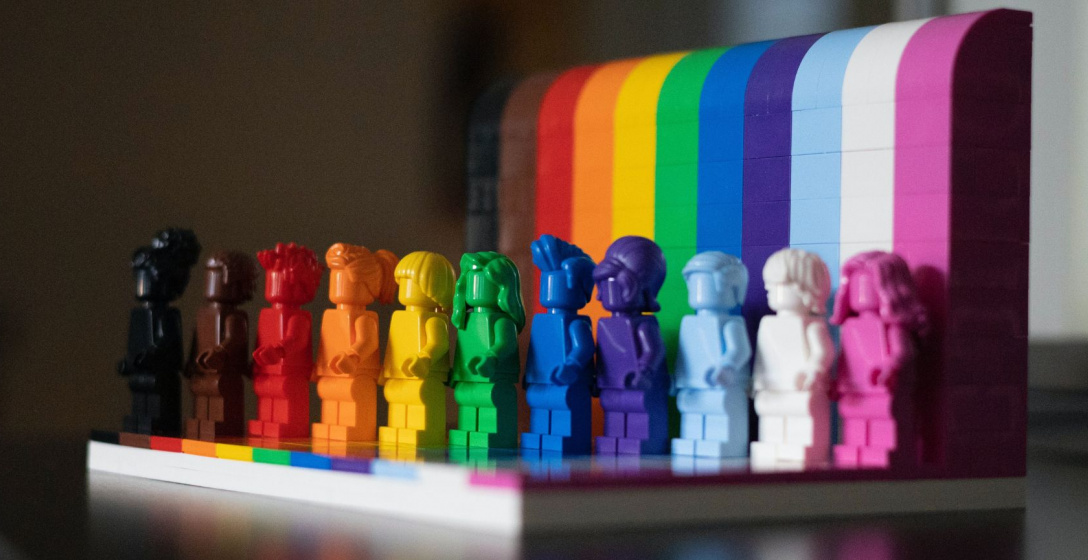Over the last six months, we have been lucky enough to work in partnership with Adrian Longdon from BAT to facilitate the delivery of multiple sessions, for both internal and external stakeholders, focusing on LGBT+ issues.
Over two sessions, Adrian, who is Vice President of B United, The BAT LGBT+ community employee network, covered the topic of allyship in the workplace, as well as providing insights, solutions, and recommendations for corporate mobility leaders, through highlighting BAT’s own initiatives and looking at the key considerations and potential challenges organisations may face when developing DEI mobility initiatives.
The second of the two sessions was delivered as part of one of our US corporate virtual roundtables, and provided an opportunity for global mobility professionals to come together and go through these important issues in the context of their own organisations, but also to get an understanding of the practices in place across the wider industry.
Here is an overview of some of the key discussion points which emerged during the session:
LGBT+ considerations for global mobility
The unique situation of the LGBT+ community when it comes to global mobility
There are a few reasons individuals who identify as part of the LGBT+ community could have concerns when it comes to global mobility. One reason could be concerns about their legal status in the destination country, for example possible criminalisation, a lack of protection or a lack of recognition.
Personal concerns can also cause a lot of distress for individuals. Issues like coming out in a new workplace, anticipating different societal and cultural attitudes and provision of healthcare and other legal and public services can be major concerns. And, what contingencies exist if things go wrong?
Practical steps to help facilitate a positive experience for LGBT+ assignees
Firstly, a positive experience can be facilitated for LGBT+ assignees by offering an understanding policy regarding recognition. For example, if an individual was moving to the UK from a non-recognition country and being asked to find proof of relationship. This can cause significant issues that can de-rail a move.
Next, facilitating an environment of openness and visibility such as allowing employees to disclose that they are part of the LGBT+ community can improve the experience for the individual. This can be achieved by asking for preferred pronouns on an initial form or by implementing a culture of introducing oneself with personal pronouns as well as ensuring that LGBT+ information is easily accessible, and signposted. It could be beneficial to implement a culture of inputting personal pronouns into email signatures.
Another way to foster positive experiences for LGBT+ assignees is by ensuring that the language used is appropriate. How we say things can have a big impact on the way people are made to feel so it is important to be thoughtful about this. Consider how you would feel if someone said to you “your relationship is invalid as you have no proof”…
Finally, both privacy and consistency are extremely important. As soon as an assignee discloses that they are part of the LGBT+ community, it is vital that a conversation is had to discuss how they would like to treat the move, as well as ensuring that privacy is retained where requested.
Click here to read an overview of the first session, which looked more closely at the topic of allyship in the workplace.
These sessions were well received by both employees and global mobility professionals.
2022 marks our 20th birthday year and we are delighted that over this time we have built the type of strong client partnerships that enable collaborative working and encourage the sharing of best practices for mutual benefit.
If you’re interested in finding out more upcoming US virtual corporate round tables or want to reserve your seat, contact Brad Shepard. These events are a great opportunity to connect with other global mobility professionals as we discuss best practices for working through the ever-changing mobility environment.

